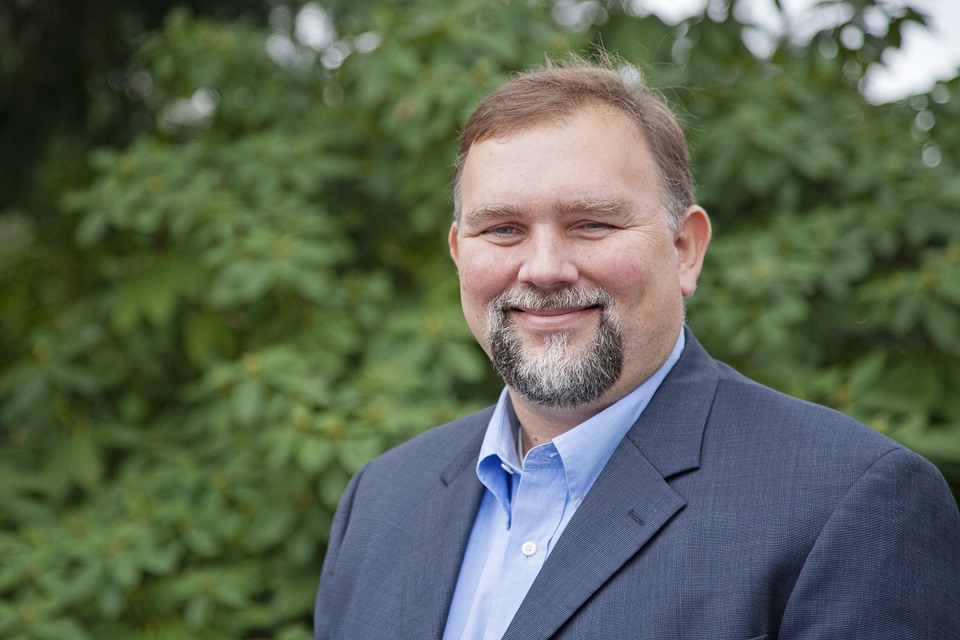Expert: Athletes’ social network key to Olympic success
Peter B. Gustavson School of Business

Rick Cotton, who teaches at the University of Victoria’s Gustavson School of Business, is a management researcher and consultant whose research shows how extraordinary results such as athletic success can come from the confluence of human capital (knowledge, skills, abilities and strengths), social capital (relationships and support networks) and positive psychological capital (hope, efficacy, resilience and optimism).
Q: How can athletes activate their human and social capital to enhance their performance?
A: In terms of human capital, there’s already a big focus placed on an athlete’s exercise, sleep and physiology. Social capital doesn’t get as much of a spotlight but it’s equally important, though there’s no “one size fits all” that can be applied for all athletes. Some are more extroverted, others are withdrawn. Some need more career support, while others need more role-modeling or emotional support.
The first step for athletes is to know and understand yourself. It’s really about figuring out what type of support you may lack or need. Maybe your network is too big and you need to pare it back. Maybe it’s too broad and shallow, drawing on too many people and resources. Other athletes have a small but deep network they tap—usually involving a spouse, parents or close friends, teammates and coaches. The question is, where are the gaps and how can you fill them?
Q: What is a good example of how human and social capital can enhance athletic performance?
A: Norway produces the most Olympians per capita. And Norwegians do particularly well in the winter Olympics. There is one particular region of Norway that produces a disproportionate number of Olympians, called Trøndelag. It has an infrastructure around human capital, social capital and positive psychological capital that enables people from this region in being so victorious. In terms of human capital, specialty high schools focus on Nordic skiing, cross-country skiing and other winter sports. It is often said that people in Trøndelag are born on skis. In terms of social capital, you can’t go to a store without bumping into a former Olympian, so you’ve got easily accessible role models. As for positive psychological capital, they obviously draw energy and inspiration from living among so many people who have achieved success. In that way, hope, optimism and resilience factor into it. All three factors come together in Trøndelag, creating major success for its people.
Q: Is there any advice you can give to coaches? How can they support and assure their athletes’ best performance?
A: I like to say that great managers manage individuals individually. The same goes for great coaches. A lot of us when we teach do so in the way it would be appealing to us. So, if you need a tough coach who will be on your back, then that is likely the way you are going to coach. The thing is, maybe that doesn’t work for the person you’re trying to coach. Figure out what works best for the person you are coaching. What are they most responsive to? That will likely produce extraordinary results. What’s true in Trøndelag may well be true to your coaching approach and successful athletes’ networks more generally—it takes a village rather than one key mentor or coach to truly foster extraordinary performance.
Photos
Media contacts
Dr. Rick Cotton (Gustavson School of Business) at rcotton@uvic.ca
Krista Boehnert (Gustavson Communications) at (250) 721-6630 or boehnert@uvic.ca

